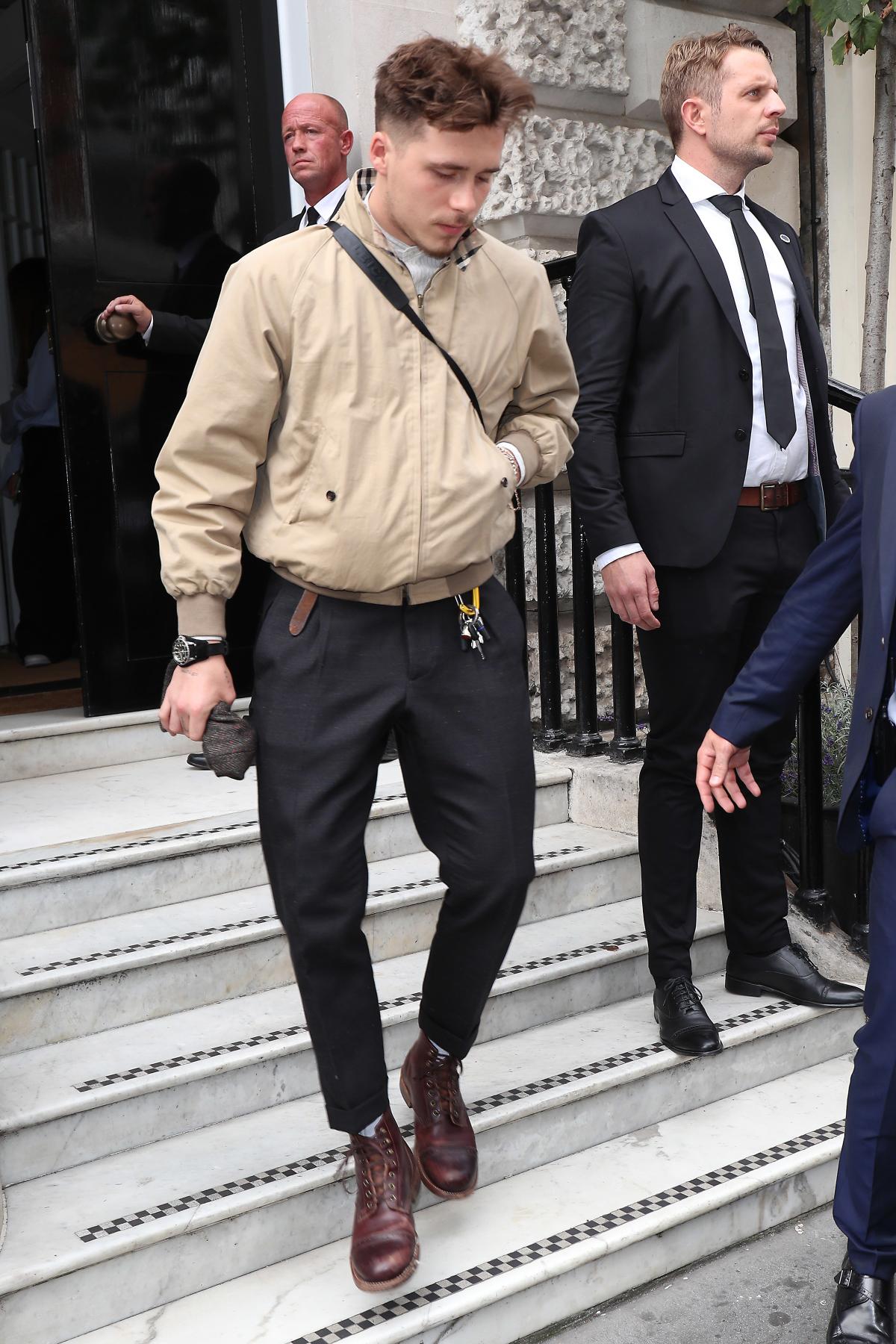Camping ban ruling supports Aurora’s “tough love” policy

AURORA, Colorado (KDVR) – The U.S. Supreme Court’s ruling Friday on urban camping bans “paves the way” for Aurora’s new “tough” approach to fighting homelessness, Mayor Mike Coffman said.
“I think it was the right decision,” Coffman said. “I also think communities should do what the city of Aurora is doing, which is create a place for people to go.”
On Monday, Aurora issued a camping ban that is stricter than the previous one and will take effect in about a month.
“We’re going to take much tougher action against illegal camping on I-225. For the first time, people will be penalized for trespassing,” Coffman said.
Aurora wants to enforce zones where camping is prohibited
In “camping-restricted” zones, authorities can remove people and tents without notice. Outside these zones, people can avoid a ticket if they leave the camp within 72 hours.
“We call it ‘tough love’ that we are actually imposing penalties for illegal camping that didn’t exist before,” Coffman said.
The Supreme Court ruling, released Friday morning, focuses on a case in Grants Pass, Oregon. The 6-3 ruling explicitly allows Grants Pass, Aurora and other cities to enforce rules prohibiting camping in the city and sleeping outdoors in public spaces. Enforcement can include citations and arrests.
“With this court decision, that’s certainly a possibility. That people could be arrested for sleeping in their car. That people could be arrested for sleeping in a park,” Coffman said.
However, Coffman said Aurora’s approach is not aimed at getting people into trouble. The city’s new initiative also includes a specialized court system for low-level offenses that put them at risk of homelessness.
If a person is charged with trespassing in a camping-restricted zone, the charges may be dropped if they meet certain conditions, such as attending mental health counseling or finding a job.

Lawyers: “Criminalizing someone is not a solution”
However, critics argue that the Supreme Court’s decision is a step toward criminalizing homelessness.
“There is no alternative to survival. You have to sleep, you have to cover yourself, you have to do these things,” said Terese Howard, an organizer with Housekeys Action Network Denver.
Howard said a better alternative to camping bans would be for cities, states and the federal government to invest in long-term housing solutions for the homeless.
“We know that about 90 to 99 percent of homeless people want housing. It’s not a choice, it’s a question of availability. So criminalizing someone is not a solution,” she said.
In Denver, Mayor Mike Johnston’s All In Mile High initiative aims to house 2,000 people by the end of the year.
A spokesman for the mayor’s office said the city does not need guidance from the U.S. Supreme Court “to know that compassion and humanity are the right way to address homelessness. In Denver, we believe people should sleep in their own beds, not on street corners. That’s why we’ve moved more than 1,600 people indoors over the past 12 months, including 536 people who are now permanently housed.”
Howard disagrees with Denver’s approach, which she believes has led to greater criminalization of people living on the streets.
“Those who are not lucky enough to get into a hotel and are left on the streets are chased from block to block without adequate protection, without being able to set up a tent, without even being able to use a blanket,” she said.
Three judges disagree with ruling on camping ban in cities
Three Supreme Court justices disagreed with the majority decision.
In the dissenting opinion, Justice Sonia Sotomayor wrote, “Sleep is a biological necessity, not a crime. For some people, sleeping outdoors is their only option. The city of Grants Pass jails these people and fines them for sleeping anywhere in public at any time, including in their cars, using only a blanket to keep warm or a rolled-up shirt as a pillow. For people without access to shelter, that means they are homeless. That is unconscionable and unconstitutional.”
Asked about the dissent, Coffman said Aurora has programs for safe parking for people who have to live in their cars while saving money for an apartment. He said he believes the “tough love” approach is the right answer for Aurora.
“But I have to say that a lot of illegal camping without shelter is a result of addiction and mental illness. So we’re not doing them any favors by leaving them on the streets,” he said.



